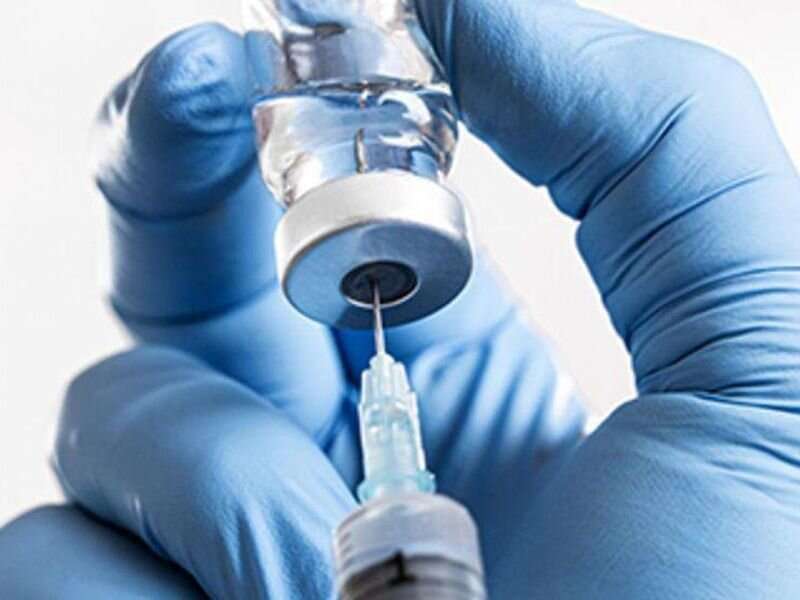

(HealthDay)—For patients receiving dialysis who are fully vaccinated against COVID-19, the prevalence of no or diminished response varies by vaccine type and is higher with the attenuated adenovirus Ad26.COV2.S vaccine, according to a research letter published online Oct. 13 in the Journal of the American Society of Nephrology.
Pablo Garcia, M.D., from Stanford University in California, and colleagues reported qualitative and semiquantitative receptor-binding domain (RBD) antibody responses among 2,367 fully vaccinated patients receiving dialysis (65 percent received mRNA1273, 19 percent received BNT162b2, and 17 percent received Ad26.COV2.S).
The researchers found that seroconversion occurred later with the Ad26.COV2.S vaccine than with the mRNA vaccines. Compared with those receiving the mRNA1273 and BNT162b2 vaccines, patients receiving the Ad26.COV2.S vaccine had a higher likelihood of no seroconversion and no detectable or diminished immunoglobulin G (IgG) response when assessed during days 14 to 28 (58.4 versus 2.6 and 4.3 percent, respectively; 16.8 versus 5.2 and 11.4 percent, respectively) or days 29 to 60 (33.3 versus 2.0 and 4.0 percent, respectively; 36.0 versus 9.5 and 22.7 percent, respectively) after vaccination. Compared with patients vaccinated with mRNA1273, those vaccinated with BNT162b2 had a higher prevalence of no detectable or diminished IgG response. Patients with a positive RBD total antibody result prior to vaccination were less likely to have no seroconversion or an absent or diminished RBD IgG response across all vaccine types.
“If preliminary data on the correlation between early antibody response and vaccine effectiveness are further confirmed, our data would support benefit from additional doses among persons receiving dialysis who were given the Ad26.COV2.S,” the authors write.
Source: Read Full Article